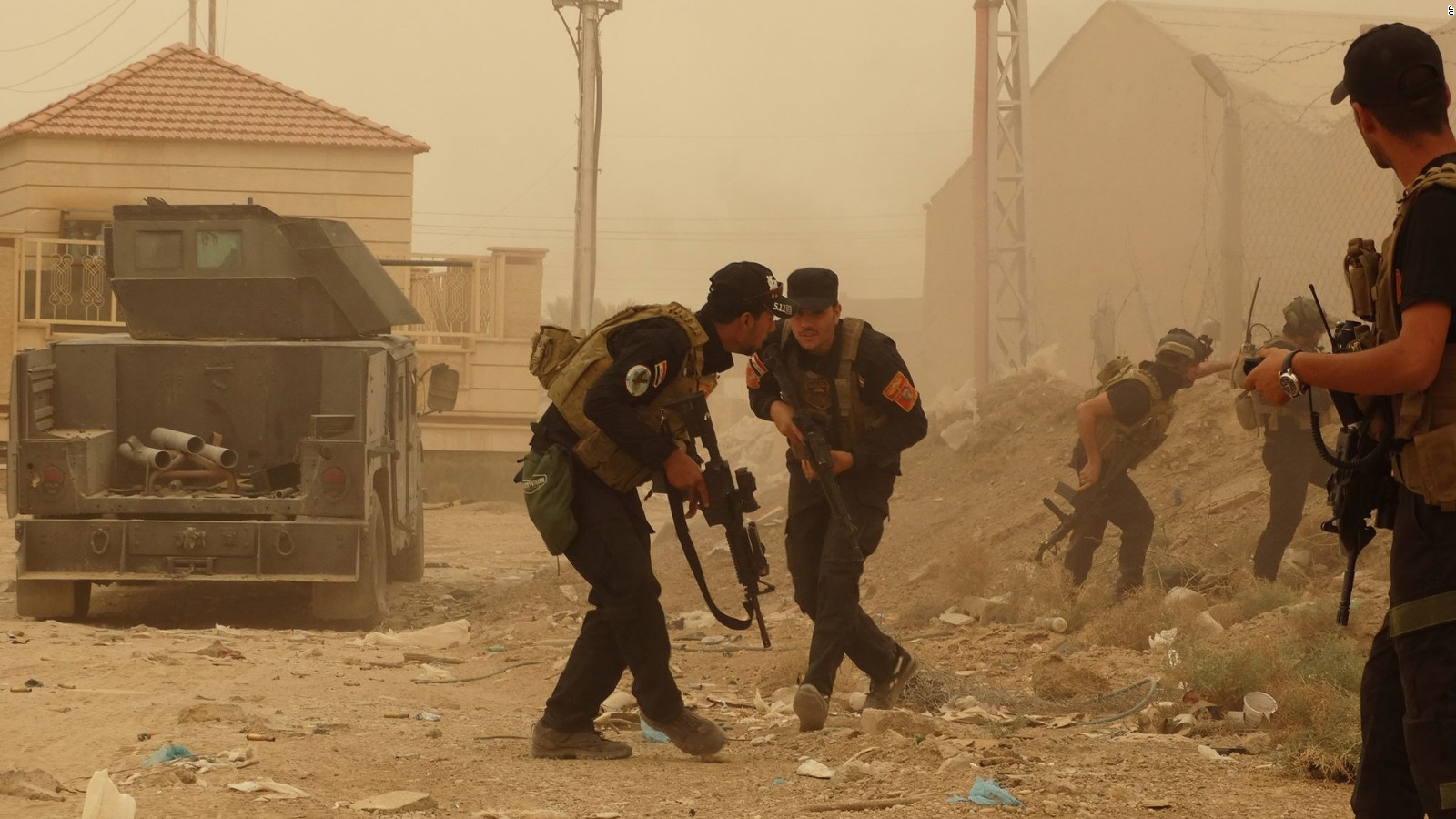In a recent report by CNN, the seizure by ISIS of Ramadi, capital of the Iraqi province of Anbar, has come as a rude awakening to Iraqi and Western officials.

After
ISIS fighters were evicted from the city of Tikrit in March, the Iraqi
government announced that an offensive to recover Anbar would follow.
But it has floundered thanks to poor morale among Iraqi troops in the
face of a remorseless and resilient enemy, mistrust of the government
among Sunni tribes and limited coalition airstrikes.
The
loss of Ramadi has also compounded a humanitarian crisis and an
economic disaster, with tracts of the city reduced to rubble,
infrastructure destroyed and thousands of people fleeing their homes.
It
is still possible that Iraqi government forces, albeit with heavy
support from Shia militia, can retake the city from ISIS fighters. But
it will be if anything a tougher battle than that for Tikrit. In the
meantime, ISIS is crowing about its most notable victory in Iraq since
it stormed south in the summer of 2014.
Among the many lessons to be drawn from the last few days in Ramadi are:
The Iraqi army is still a work in (slow) progress
The
Iraqi Security Forces (ISF) have a long way to go to be considered an
effective fighting force. U.S. trainers have begun reshaping the Iraqi
army, with some 7,000 troops trained so far and another 3,000 to 4,000 in the pipeline.
But for now, there are few effective units. The Iraqi army is
over-reliant on elite units like the Golden Division (which was itself
part of the chaotic retreat from Ramadi), and despite efforts by Iraqi
Prime Minister Haider al-Abadi to shake up the military top brass, many
units still suffer from desertion and poor morale.
The ineffectiveness of ISF is compounded by commanders' lack of faith in the government. Last month, ISIS seized a key Iraqi army base at Thirthar Lake,
25 km (15 miles) north of Ramadi. The army's 4th Regiment had been
desperately hanging on for promised reinforcements before being overrun.
Similarly, after Iraqi units were
evicted from Ramadi, one local official - Ibrahim Hassan Khalaf
al-Fahdawi - said the city had fallen because of false promises of
reinforcements from the government.
"If
10% of the government's promises had been implemented, Ramadi would
still in our hands and ISIS wouldn't dare to be anywhere near the city,"
al Fahdawi, head of Khalidiya's Security Council, told CNN.
For
more than a year, police and army units had defended the government
complex in Ramadi against repeated ISIS attacks, some of the more recent
assaults involving tunnels. Despite the obvious and continuing threat
to these facilities, reinforcements sufficient to repel ISIS never
materialized.
No comments:
Post a Comment